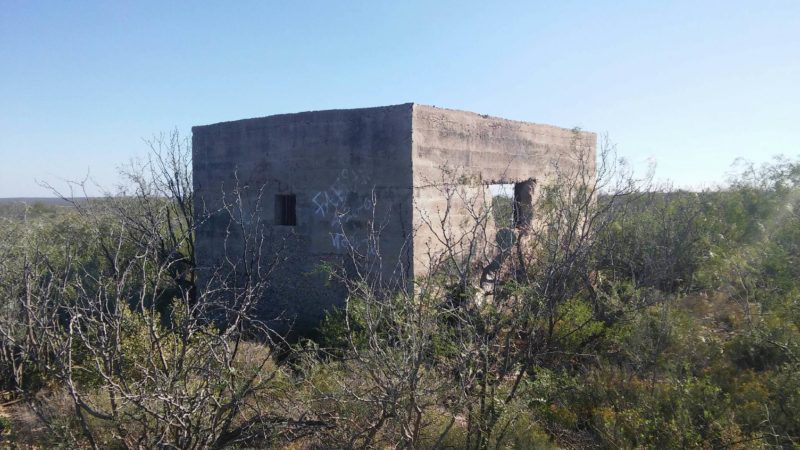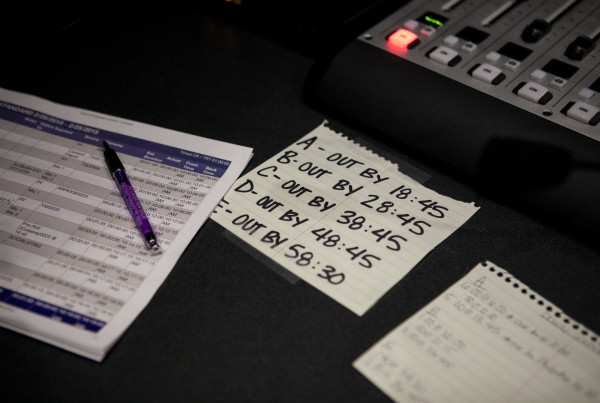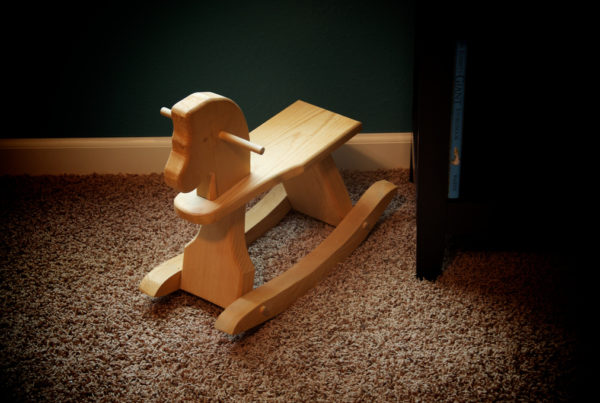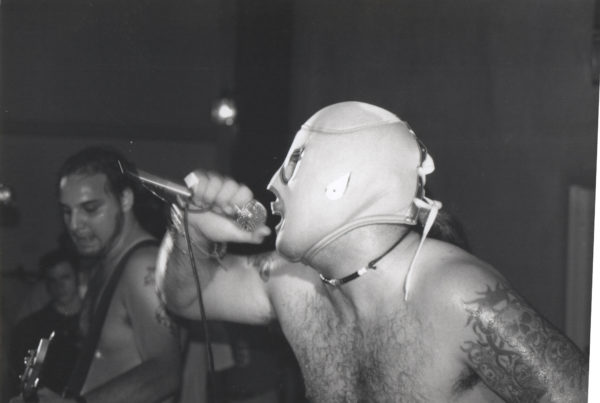In 1923, the Santa Rita Number One struck oil in Reagan County, about 70 miles west of San Angelo. Boomtowns quickly popped up in the wake of that discovery. Some of them are still around – others, like Best, are not.
Folks used to call Best the town with the best name and the worst reputation.
Its history is brief. Best boomed and then busted in the mid-1920s. Let’s go back to that brief moment – way back, in fact, before the movie “Giant” shot one frame in west Texas, and before widespread fracking. Back to 1923, when oil was struck in the Permian Basin.
After the Santa Rita discovery, the town of Best was established in July 1924. It was mainly a supply and operations center for the oil field, but that’s not all it was.
In a letter describing the place years later, former Reagan County Clerk H.L. Puckett wrote, “There were many undesirable characters moving in during the first few years after discovery of oil, Best in particular experiencing much violence and lawlessness. Most every kind of vice was easily noted by a casual observer.”
The boom certainly attracted folks eager to make an honest buck – but also those willing to skirt the rules. Other towns like nearby Texon were explicitly for families, and they often didn’t have housing for single men. Meanwhile, Best had plenty of rooms for boarders, drifters, and general riffraff. There also weren’t many police to speak of, and those that were there were ill-prepared for the job.
About a year after Best was established, the Taylor family moved to Best from Midland to run the new post office. In those days that entailed handling a lot of cash, since people would pay for goods that came through the mail – which was a risk in Best.
Mrs. Wiley Taylor wrote, “We got some heavy money bags made of canvas, and each night I took the money to bed with me, sleeping with it in the crook of my body, turning the bags over with me when I turned, and with a six shooter under my pillow.”
Violent crime and fraud were rampant. Take the local doctor, who one night skipped town with all his equipment and a $3,000 car he hadn’t paid for. Investigators searched for the doctor but never found him. They did discover, though, that he never actually held a license to practice medicine.
Best was liable to see a murder or a burglary any night of the week, but one instance in particular left its mark. One November night in 1926, the Santa Rita Hotel held a dance. A young machinist named W.L. Coates showed up, reportedly on the heels of some heavy drinking, and asked a woman to dance. She refused, he asked again, she refused again, and he started to make a scene.
A town constable, George Hayes, threw Coates out of the dance with the help of a local driller named C.A. Jones. At about 11:30, Coates came back. Clayton Williams was an engineer in the area at the time. Here’s how he remembered what happened next.
Williams wrote, “[Coates] walked up to Deputy Sheriff Hayes, standing in the middle of the floor, and shot him in the ear. Turning to C.A. Jones, he said, “You too, you S.O.B.””
Jones was shot in the arm and survived. Hayes died at the scene. Coates then left the hotel, and on his way out encountered Alta Beam, a local telephone operator.
“She screamed, and he turned and fired upon her,” Williams wrote. “After she fell, he stood over her and emptied the gun.”
Coates escaped, but a couple days later they found him dead in his room, apparently having killed himself.
So what is Best these days? Its population reached 3,500 in 1925, but by 1945 it had dwindled to less than 300. As oil production in the area declined, there was little reason to stay in Best. Now, it’s empty. Along with some broken glass and rusted cans, there’s only one last standing structure of the town of Best – the jail.
It’s a square concrete box about 10 feet high. The inside is filled with dirt and graffiti. It felt strange to be inside, knowing there were once people here. Drunks, thieves, murderers. Then again, for the town with the best name and the worst reputation, maybe it’s fitting for the jail to be the only thing standing.















